We believe Precision Medicine is a game-changer for children with cancer. That’s why we have invested more than $12 million since 2017 into programs that bring this innovative treatment option to children.

Precision Medicine
We're all unique. Now childhood cancer treatments can be too!
Personalized Cancer Medicine
An easy way to understand precision medicine is to think of it as personalized medicine. Although we know that every child is unique, today’s childhood cancer treatment does not consider each child’s genetic differences. Rather, a child’s cancer is treated according to disease type. Because of these genetic differences, children with the same type of cancer often respond very differently to the same treatment, and certain chemotherapies may be effective for some, but not others. As a result, some children are not cured. And many receive toxic drugs that will not work because of important genetic factors.
Through precision medicine, genetic testing of a child’s tumor can reveal important changes that are driving the child’s cancer. This information allows doctors to make treatment decisions that turn off the specific cancer drivers. In this best-case scenario, a mutation is identified for which there is a drug known to be effective. But there are many other reasons sequencing is important.

A More Personal Approach
An easy way to understand precision medicine is to think of it as personalized medicine. Although we know that every child is unique, today’s childhood cancer treatment does not consider each child’s genetic differences. Rather, a child’s cancer is treated according to disease type. Because of these genetic differences, children with the same type of cancer often respond very differently to the same treatment, and certain chemotherapies may be effective for some, but not others. As a result, some children are not cured. And many receive toxic drugs that will not work because of important genetic factors.
Through precision medicine, genetic testing of a child’s tumor can reveal important changes that are driving the child’s cancer. This information allows doctors to make treatment decisions that turn off the specific cancer drivers. In this best-case scenario, a mutation is identified for which there is a drug known to be effective. But there are many other reasons sequencing is important.
What We've Learned
Over the past five years, we’ve seen that for children who have access to tumor sequencing, 85% receive information that impacts their treatment in any one or multiple of the following ways:
- Confirm or change the diagnosis
- Change the risk stratification of the patient
- Identify an inherited genetic mutation and refer to the Cancer Predisposition Clinic where other family members can be screened and monitored.
- Lead to treatment with a targeted drug as part of a clinical trial or through compassionate use protocols
- Identify a mutation that is causing current therapy to be resistant, possibly leading to a change in therapy

What We've Learned
Over the past five years, we’ve seen that for children who have access to tumor sequencing, 85% receive information that impacts their treatment in any one or multiple of the following ways:
- Confirm or change the diagnosis
- Change the risk stratification of the patient
- Identify an inherited genetic mutation and refer to the Cancer Predisposition Clinic where other family members can be screened and monitored.
- Lead to treatment with a targeted drug as part of a clinical trial or through compassionate use protocols
- Identify a mutation that is causing current therapy to be resistant, possibly leading to a change in therapy
Meet Edward
After his neuroblastoma diagnosis, Edward began countless rounds of chemotherapy and radiation, endured nine surgeries, battled through two bone marrow transplants, and entered clinical trials. Even with those extensive treatments and their awful side effects, residual cancer remained.
At that time, Edward was enrolled in the Precision Medicine Program, and a sample of his tumor was sent for analysis. Genetic testing revealed that his cancer had a specific mutation that has a drug proven to work against it. This drug finally put Edward into remission.
“If it weren’t for the use of precision medicine, I am confident that Edward would not be with us today!”
-Edward’s father, Andrew
Meet Edward
After his neuroblastoma diagnosis, Edward began countless rounds of chemotherapy and radiation, endured nine surgeries, battled through two bone marrow transplants, and entered clinical trials. Even with those extensive treatments and their awful side effects, residual cancer remained.
At that time, Edward was enrolled in the Precision Medicine Program, and a sample of his tumor was sent for analysis. Genetic testing revealed that his cancer had a specific mutation that has a drug proven to work against it. This drug finally put Edward into remission.
“If it weren’t for the use of precision medicine, I am confident that Edward would not be with us today!”
-Edward’s father, Andrew
Real Children... Real Impact
Today we are in the very early stages of incorporating precision medicine into treatments for children. But even now, precision medicine is impacting the outcomes of children with cancer.
You can read several case studies of how personalized cancer medicine works by clicking on any of these beautiful children.
Offering Hope
Precision medicine offers hope to children who need it. Where traditional cancer treatment has failed and treatment options are limited at best, precision medicine offers a new opportunity. It offers hope for a cure. In time, we believe this individualized approach to cancer treatment will become the standard of care for all children with cancer, saving lives and preserving lifetimes by minimizing the effects of today’s highly toxic therapies.
Offering Hope
Precision medicine offers hope to children who need it. Where traditional cancer treatment has failed and treatment options are limited at best, precision medicine offers a new opportunity. It offers hope for a cure. In time, we believe this individualized approach to cancer treatment will become the standard of care for all children with cancer, saving lives and preserving lifetimes by minimizing the effects of today’s highly toxic therapies.

How you can help
Precision medicine offers one of the best available opportunities to advance the fight against pediatric cancer. It costs $3200 to sequence the genes of one child who has run out of treatment options.
Your gift of any amount will help us further personalized cancer medicine at leading research institutions across the country.
How you can help
Precision medicine offers one of the best available opportunities to advance the fight against pediatric cancer. It costs $3200 to sequence the genes of one child who has run out of treatment options.
Your gift of any amount will help us further personalized cancer medicine at Children’s Healthcare of Atlanta and other leading research institutions across the country.




